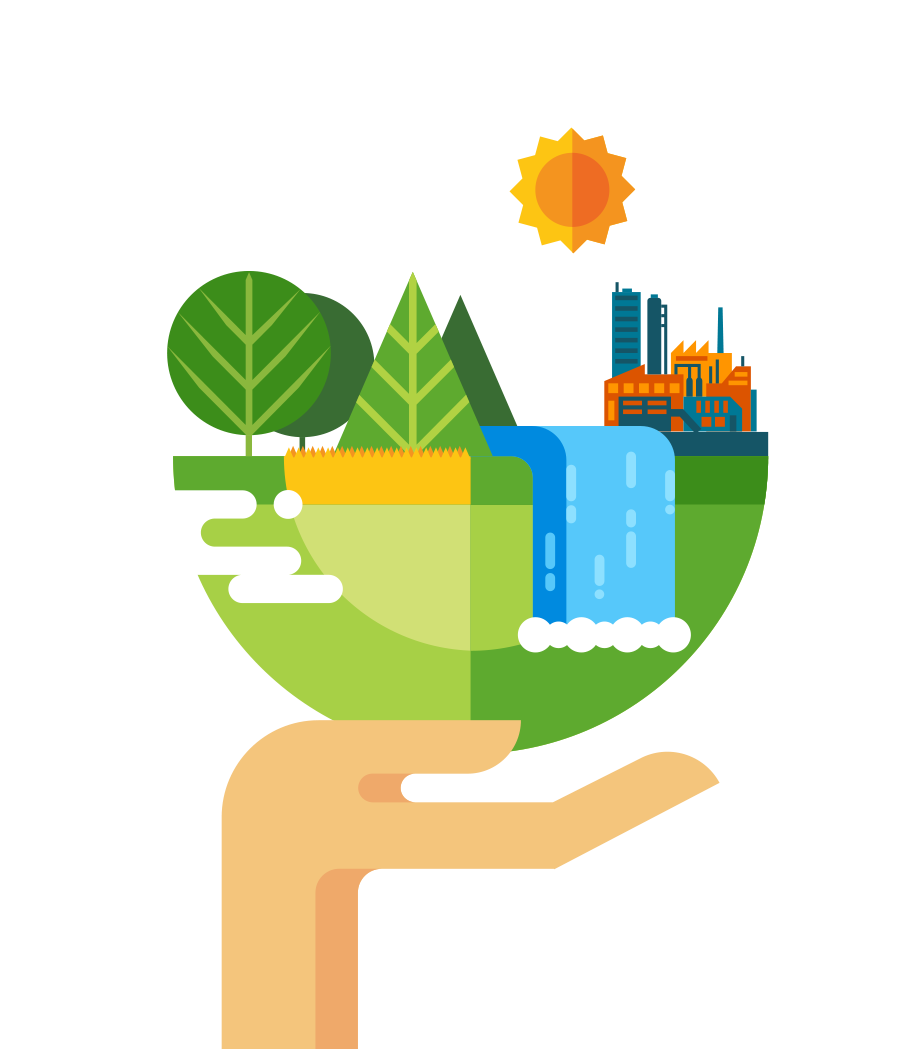Consistent information on the biogenic raw material base is a central basis for the strategic evaluation of options for action in the context of the closed-loop bioeconomy. As part of the national bio-economy monitoring, the DBFZ (German Biomass Research Centre) compiled a comprehensive collection of results on the supply and use of resources of biogenic residues, by-products and wastes from five sectors. The results are available free of charge in a newly developed web app at webapp.dbfz.de
The easy to use platform, which has been developed within the project “Biomass residue monitoring working group” (AG BioRestMon, FKZ 22019215) offers direct, long-term and free access to current research results in the field of bioenergy and bioeconomics. The resource database, developed by the DBFZ, provides interested users with comprehensive information on currently 77 individual biomass samples from the sectors of agriculture and forestry, municipal waste and sewage sludge, industrial residues and residues from other areas as well as on the use of biogenic residues, by-products and waste. In addition, possible application contexts (e.g. biomethane) are also mapped.
The tool, which will be further developed in the future, enables the user to quantify the associated impact on potential use (e.g. transport sector) on an individual basis. The results can be illustrated in automated illustrations (e.g. Sankey diagrams), downloaded for further use or directly transferred to external web applications via a digital interface (API). The calculation bases are also comprehensively illustrated with the aid of graphic flowcharts. The user thus quickly gets a result and can inform himself about the background as required.
The data offering is part of a newly developed digital exploitation platform, which is to be continuously expanded with further topics and an English version. The aim is to integrate further application contexts in order to quantify possibilities for substituting fossil material flows with biogenic raw materials against the background of raw material availability. The spectrum ranges from alternative Packaging and building materials and biogenic basic chemicals in the chemical and pharmaceutical industries to low-emission fuels.
The resource database was supported by the following persons/institutions as scientific partners: Prof. Mantau (INFRO), Witzenhausen Institute, VAFB/TLL, Prof. Mahro (Bremen University of Applied Sciences).
Smart Bioenergy – innovations for a sustainable future
The DBFZ works as a central and independent thinker in the field of energy and material use of biomass on the question of how the limited available biomass resources can contribute to the existing and future energy system with sustainability and high efficiency. As part of the research the DBFZ identifies, develops, accompanies, evaluates and demonstrates the most promising fields of application for bioenergy and the especially positively outstanding examples together with partners from research, industry and public. With the scientific work of the DBFZ, the knowledge of the possibilities and limitations of energy and integrated material use of renewable raw materials in a biobased economy as a whole should be expanded and the outstanding position of the industrial location Germany in this sector permanently secured – www.dbfz.de.


 Deutsch
Deutsch

